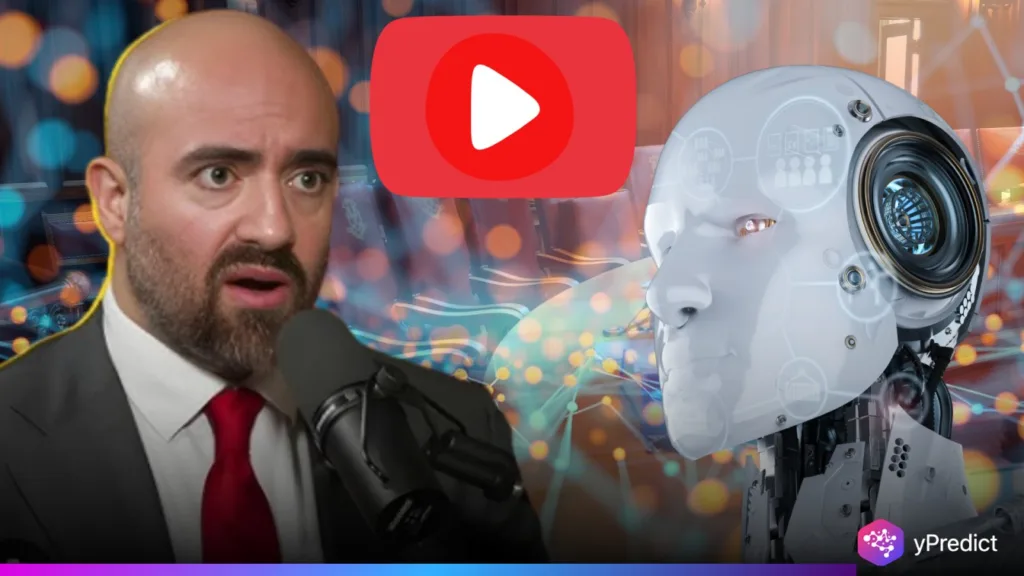
YouTube settles Trump lawsuit over 2021 suspension, will pay $24.5M The deal, announced September 30, 2025, is about more than just money. It has a pilot program to restore banned conservative creators. Google, YouTube’s parent company, is changing its moderation approach. Why now? The solution is politics and regulation, and the global AI race. By siding with Trump, Google could be fishing for domestic favors and overseas defense. Mike Benz, who heads up the Foundation for Freedom Online, contends this settlement is about a lot more than a payout — it’s about leverage.
A Political and AI Strategy
Benz sees Google’s settlement as a shrewd political move. By making peace with Trump, Google can play the long game in Washington. That’s important because the AI race is intensifying, and it’s become a bloody battle. Google is contending with U.S. competitors and Chinese companies with abundant resources. Winning federal contracts might be the difference between staying ahead and lagging behind.
The $24.5 million is tiny compared to Google’s revenue. What matters is the goodwill. Benz, meanwhile, argues the settlement purchases Google’s political capital at a moment when influence is currency. Trump’s backing may assist the company in landing crucial defense and AI research contracts.
This isn’t just about Google. Meta recently paid Trump $25 million to resolve a similar suit. That cash, in part flowing toward his presidential library, also cultivates goodwill. Tech companies know Trump is going to be a power player, in or out of office.
For Benz, the timing is informative. AI needs significant investment and regulatory space. Google is thinking forward, not reverse. A settlement with Trump isn’t so much about stamping out ancient beef as it is about framing its future in the international AI race.
Global Regulation and Diplomatic Cover
Benz also identifies Europe as a pressure point. The EU’s Digital Services Act holds rigid content moderation regulations. Non-compliance can bring billion-dollar fines. For Google, already overextended with AI and cloud bets, the stakes are massive. Linking to a U.S. political force can offer camouflage.
If Washington is sympathetic, Google has bargaining chips overseas. A Teddy-bear administration might push back on Europe’s penalties or temper down global regulatory blowback. Benz contends this is some of the settlement’s secret sauce: diplomacy via domestic politics.
Restoring conservative voices to YouTube is part of this act. It indicates responsiveness to American political pressures. At the same time, it underscores a double standard. Whose voices get restored? Whose voices remain silenced? Critics argue that policy changes could favor timeliness rather than equity.
Benz observes that the outcome might not be rigid rules but contextual adaptability. Which is good for Google in the short run, but creates serious long-term trust problems. To its users, moderation could appear to be political theater, not principled governance. For regulators, this, in turn, renders oversight even trickier. Google is threading a needle between domestic politics, global regulation, and its need to dominate AI’s future.
Conclusion
YouTube’s settlement with Trump is beyond a financial transaction. It’s a strategic pivot by Google to weather growing political and regulatory pressures while remaining competitive in AI. Benz, meanwhile, is positioning it as a future-focused move, not merely damage control. By making peace with Trump, Google is locking down power domestically and fortifying defense internationally. But the trade-offs are clear. Moderation policies risk being crafted less by principle, more by political considerations. As AI advances and regulations tighten, here’s how Google’s maneuver shows how tech giants adapt. The decision will determine not only online expression but also he competitive landscape of global AI innovation.






